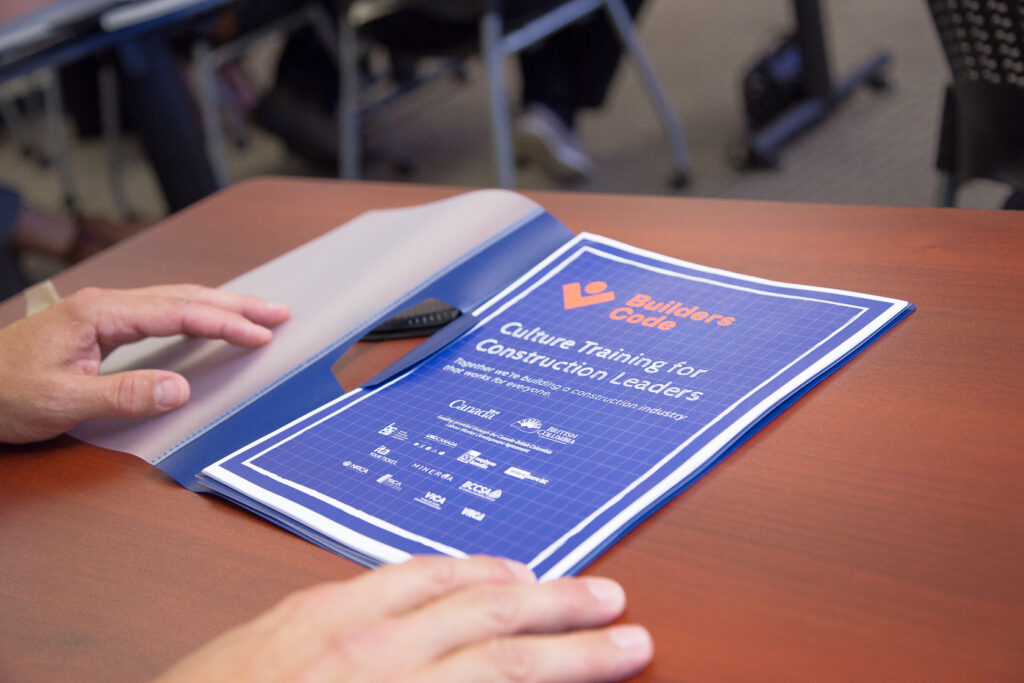Effective Leadership Training Course
Shape Positive Worksite Behaviour
Improve leadership skills through mutual respect and effective communication.
Effective Leadership
Improve leadership skills through mutual respect and effective communication
This 2-hour, live, facilitated online course is designed for executives, managers and all leaders in the construction industry.
Being a leader isn’t just about being exceptional in a skill or trade – it’s about understanding how to successfully manage others. Shaping positive workplace behaviour – one’s own and the behaviour of others – is one of the most important and powerful responsibilities of leadership. An inclusive and respectful worksite culture translates to better productivity and safety outcomes and can help attract and retain the best workers. The Effective Leadership training course will provide anyone in a position of management or leadership in the construction industry with practical tools to improve leadership skills through key components of Emotional Intelligence and effective communication.
Course Summary:
- Defining your role as a leader (ie. motiving, role modeling, accountability).
- Understanding what is/isn’t acceptable behaviour.
- Essential skills for listening and communication.
- Tips for addressing scenarios and having hard conversations.
- Applying emotional intelligence for effective leadership and stress management.
- Retention and legacy – understanding your influence.
- Leading with Emotional Intelligence.
- Q&A/Discussions/Exercises/Handouts included.
Course Outcomes:
- Understand how Emotional Intelligence plays an important role in managing yourself and others.
- Acquire tools to fulfill your responsibility as a leader and ensure a respectful work environment.
- Learn how to address incidences of unacceptable behaviour and how to identify these behaviours before they escalate.
- Improve communication and listening skills.
This course is approved by BC Housing for Continual Professional Development (CPD) credits.

FAQS
Disclaimer
The information provided is for educational purposes only.
Registration to any of the training options does not grant ownership rights to the training content or related materials. As such, Builders Code
Worksite Culture training content and related materials are not to be used for copying, redistribution, facilitation, or publication.
Thank you for complying




